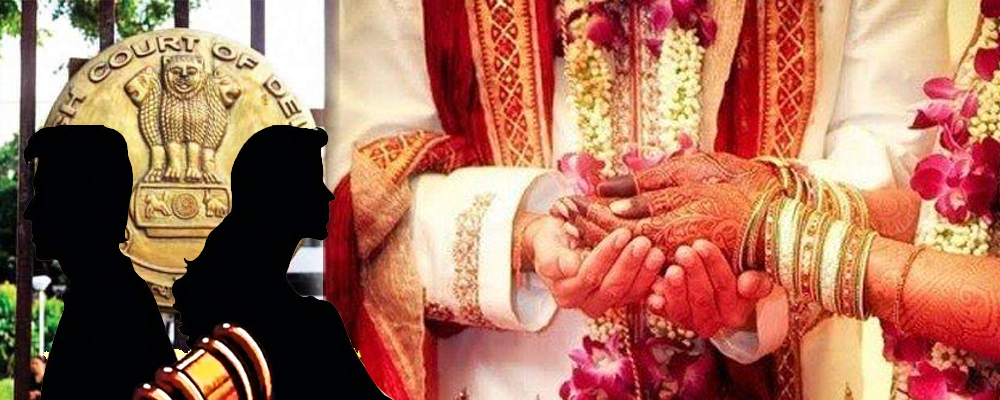In the case of Pooja S v Abhishek Shetty, the couple got married in the year 2011 and they have 2 children, later husband filed a petition under Section 13(1) (i) and (ii) of the Hindu Marriage Act seeking a divorce. The wife filed a petition under section 24 of the Hindu Marriage Act seeking a sum of rs 75000 to hire a lawyer, which was dismissed by the trial court.
In an appeal to the Karnataka High court, the wife stated that she had no source of income and is unable to hire a lawyer herself, hence her husband who earns rs80000 a month shall be ordered to provide a sum of rs75000 for the exact cause. The High Court agreed to the plea, however, the sum being on the higher side decided that the husband shall provide a sum of rs25000 to wife as litigation fees.
Laws involved:
Section 24 of the Hindu Marriage Act, entitles not only the wife but also the husband to claim maintenance pendente lite on showing that he/she has no independent source of income. However, the husband will have to satisfy the court that either due to physical or mental disability he is disabled to earn and support his livelihood.
In the case of Kanchan v Kamlendra, AIR1993 Bom, it was held that since the husband was physically as well as mentally capable and it was his business that shut down making him unable to earn, he can’t be granted any maintenance.
Here, in this Section, the maintenance is the financial support to be provided during the litigation, i.e. till the suit is pending.
Need A Legal Advice
The internet is not a lawyer and neither are you. Talk to a real lawyer about your legal issue

Some other similar laws:
In the case of the Special Marriage Act,1954 a similar provision has been provided under Section 36, the difference between the two provisions is that in this Section only the wife can claim alimony (during the suit), it does not apply to the husband.
Under Section 125 of the Criminal Procedure Code, 1973, interim maintenance can be claimed by the wife from the husband.
Section 24 of The Hindu Marriage Act, can be applied in the case of restitution of conjugal rights (Section 9), Judicial Separation (Section 10), void marriages (Section 11), voidable marriages (Section 12), and divorce (Section 13).
Lead India offers a wide pool of lawyers dealing with the issues relating to family laws, marriage, custody of children, maintenance, etc. expert advice on related topics could be asked for online as well as on phone conversations.





 Talk to a Lawyer
Talk to a Lawyer